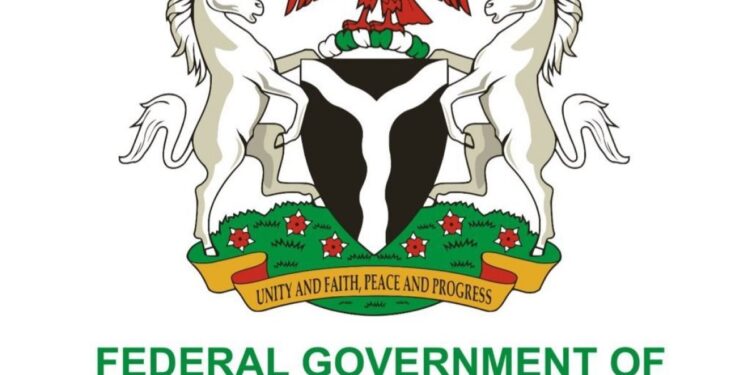The Federal Government of Nigeria has allocated a substantial $15.55 billion towards debt servicing from 2019 to 2024, according to the latest data released by the Central Bank of Nigeria (CBN). This significant expenditure highlights the financial challenges the country faces in managing its debt obligations.
In the initial part of 2019, Nigeria paid $588.33 million for debt servicing between January and May. This figure dramatically escalated in 2020, reaching $5.40 billion, marking a significant rise in the country’s debt servicing commitments.
The upward trend continued over the subsequent years. In 2021, debt servicing payments amounted to $2.02 billion, followed by $2.34 billion in 2022, and a notable $3.43 billion in 2023. The trend shows a persistent increase in the financial burden due to debt servicing.
For the first five months of 2024 alone, the government has already spent $2.18 billion on debt servicing. This represents a staggering 270.9% increase compared to the $588.33 million spent in the same period in 2019. The amount paid so far in 2024 is nearing half of the $4.8 billion projected by Fitch Ratings for the entire year.
Despite these increasing payments, the government continues to assert its shift towards domestic borrowing strategies. However, Fitch Ratings anticipates that Nigeria’s external debt servicing will rise by an additional $400 million, reaching $5.2 billion next year, raising concerns about the country’s debt sustainability.
The CBN’s International Payments Data reveals that the highest expenditure on debt financing over the past five years occurred in 2020, totaling $5.40 billion. Additionally, Nigeria’s external debt service payments saw a significant rise of $1.1 billion in 2023, reaching $3.5 billion. This breakdown includes $1.9 billion in market debt payments and $1.6 billion in non-market debt payments.
Further compounding the situation, the Federal Government plans to incur additional external debt as outlined in the 2024 budget. This includes N1.8 trillion in commercial borrowing and N1.1 trillion in concessional loans. FBNQuest Research echoes Fitch Ratings’ concerns, predicting a continued increase in external debt service payments due to the government’s intentions to access commercial debt markets and grow borrowings from concessional sources.
In a recent development, the government received $2.25 billion from the World Bank to support President Bola Tinubu’s economic reforms. This funding comprises two packages: $1.5 billion for the Nigeria Reforms for Economic Stabilization to Enable Transformation Development Policy Financing Program and $750 million for the Nigeria Accelerating Resource Mobilization Reforms Program-for-Results.
The Minister of Finance and Coordinating Minister of the Economy, Mr. Wale Edun, emphasized the importance of these reforms, stating, “We have undertaken bold and necessary reforms to restore macroeconomic stability and put Nigeria on a path to sustainable and inclusive economic growth. These reforms will create quality jobs and economic opportunities for all Nigerians.” He described the loan as “virtually a grant,” aimed at supporting the government’s economic and development initiatives.
The primary objective of these programs is to increase non-oil revenues and safeguard oil and gas revenues, according to the report. As Nigeria navigates its financial challenges, the government’s strategic borrowing and reform plans will be critical in shaping the country’s economic future.










